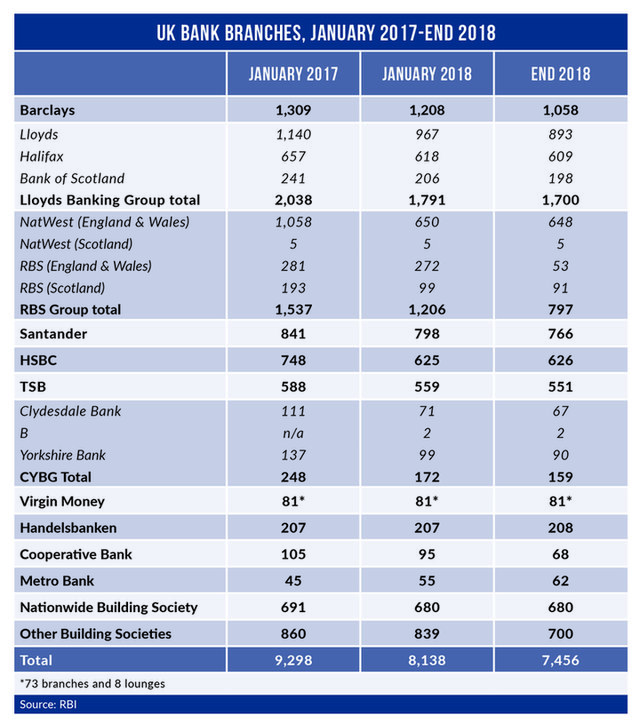Green, plastic-free cards wave gathers pace
Santander is the latest major retail bank to rollout eco-friendly cards as part of its drive to flag up its green credentials.
According to Santander, by 2025 all of its debit, credit and pre-paid cards in Europe will be made of sustainable materials, such as recycled PVC or a corn-based substitute.
Recycled PVC and corn-based polylactic cards require less energy to produce than traditional plastic cards. Santander says that its adoption of eco friendly cards will save more than 1,000 tonnes of CO2 every year.
That is the equivalent to the energy consumption of about 1,000 households. It will also reduce the use of plastic by 60 tons every year once the rollout, kicked off two years ago, is completed.
Santander is joined by UK challenger Starling in promoting the use of green cards. The Starling debit card will be the first Mastercard branded card to be made from recycled plastic in the UK.
The Starling card ismade up of 75% recycled plastic that has been sourced from EU industrial waste from the printing and packaging industries.
The remaining 25% represents unavoidable non-recyclable elements, such as the card’s chip and magnetic strip.
6 billion cards issued every year
In the UK alone, there are over 60 million credit cards and about 97 million debit cards in circulation. That represents a lot of plastic. Globally,
about 6 billion payment cards are produced every year. That is why Mastercard is pushing a sustainable card programme to banks and issuers. The green Payments Partnership (GPP) and its sustainable card offerings are available to consumers in over a dozen countries globally. Early banks to sign up include Santander, Crédit Agricole and DBS.
And it is why Visa teamed up with CPI Card Group to launch the Earthwise High Content Card. Made with up to 98% upcycled plastic, the Earthwise High Content Card represents a more sustainable payment card.
Triodos leads the way in green cards
While Santander, Starling and others bask in the glow of favourable press coverage for their green initiatives, spare a thought for one of the minnows of retail banking, UK-based Triodos.
As long ago as 2017, Triodos became one of the first banks globally to launch a more eco-friendly debit card.
Triodos’ card is made from polylactic acid and created from renewable sources such as plant leaves and corn, rather than petroleum. At the time, Triodos said that the card is the most eco-friendly option on the market and was designed to reflect the Triodos values of sustainability, community and organic growth.
If imitation is the best form of flattery, Triodos can be gratified to see a number of its bigger rivals following its lead by rolling out eco-friendly cards. Expect more to follow this year.
